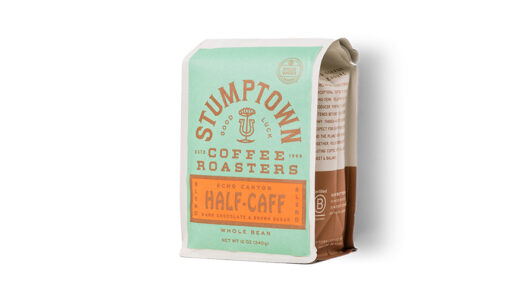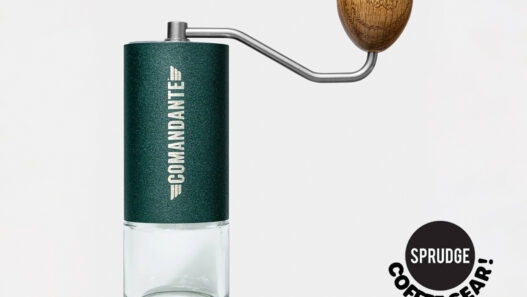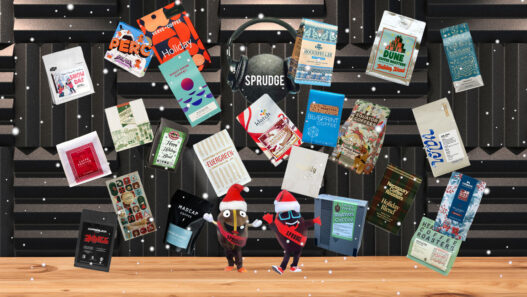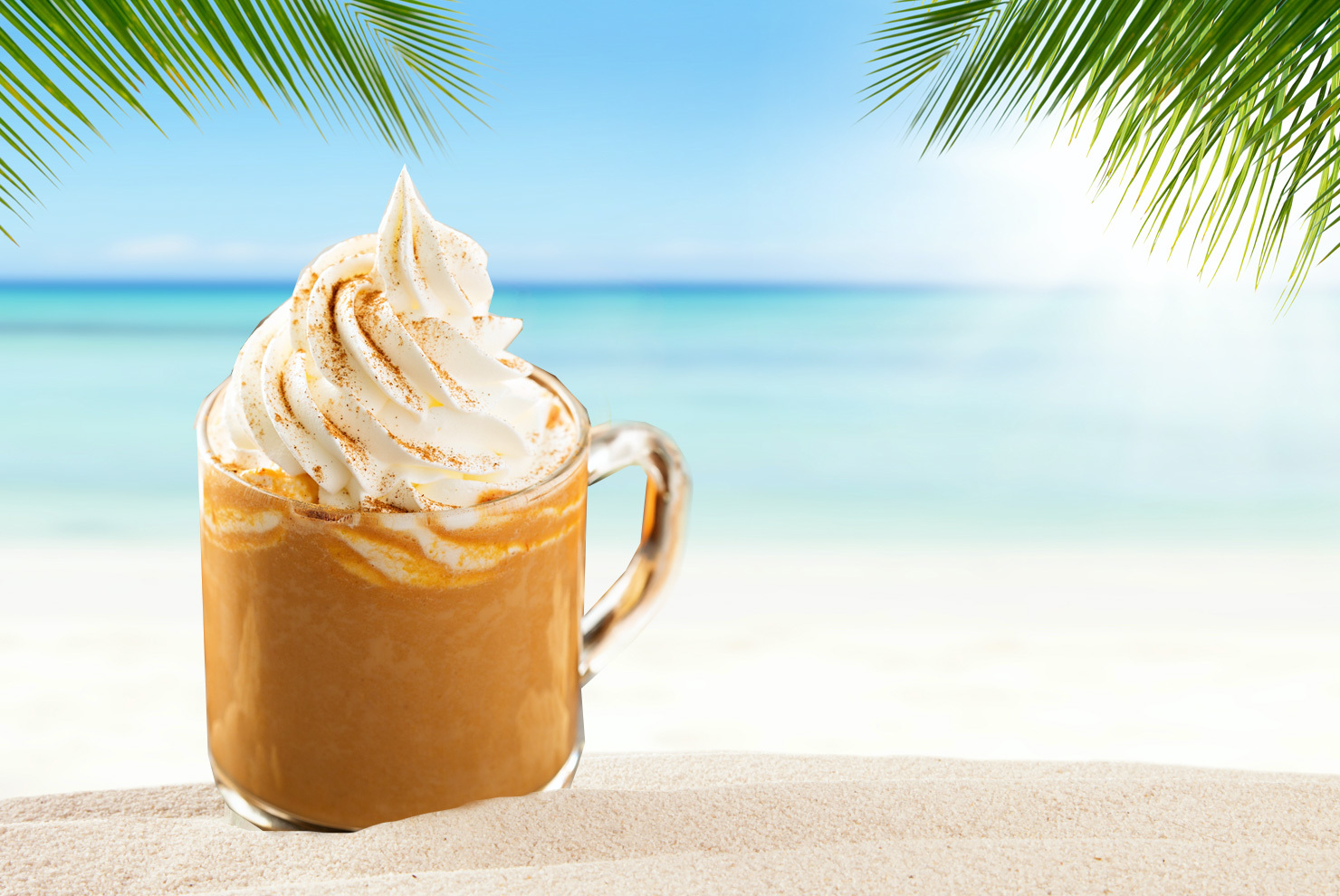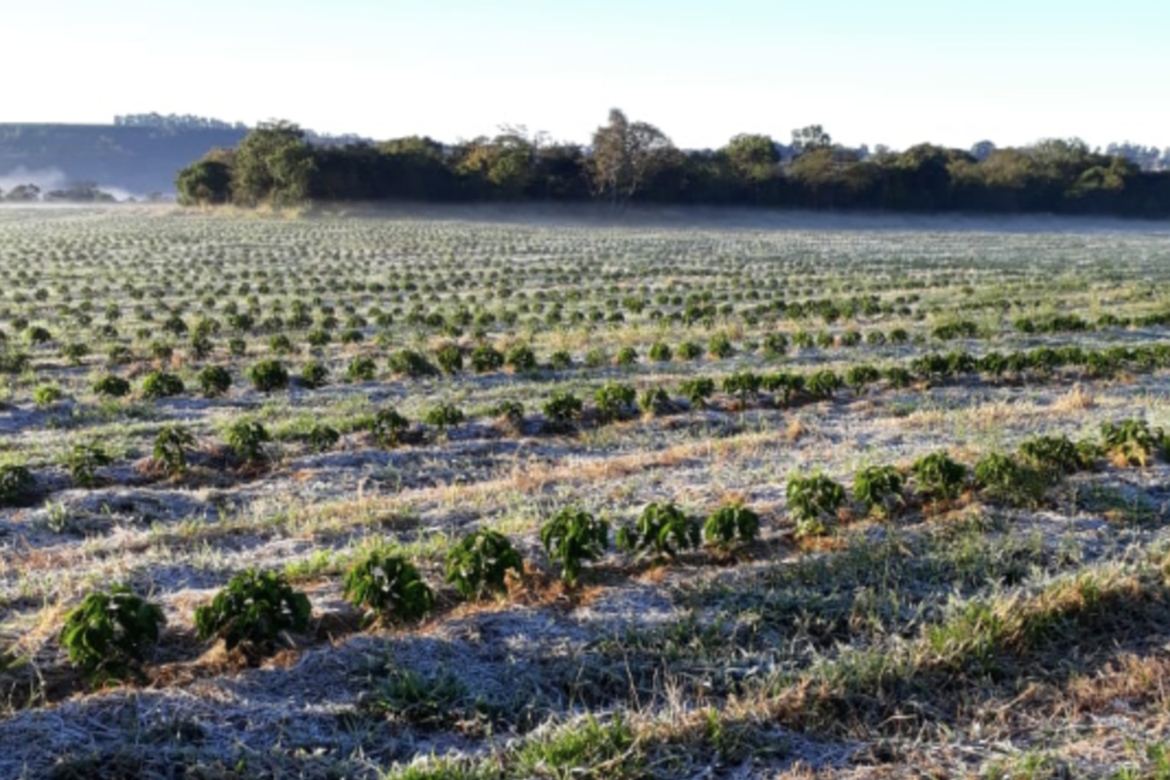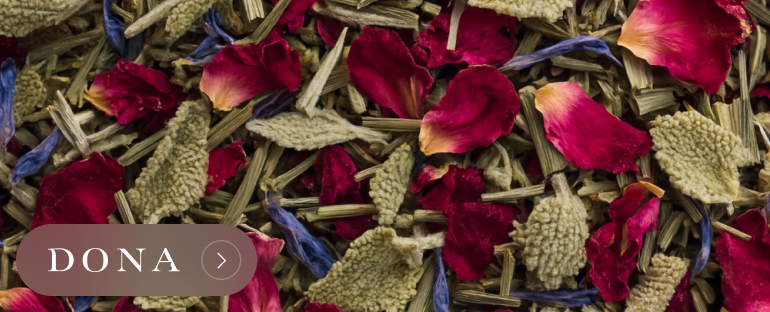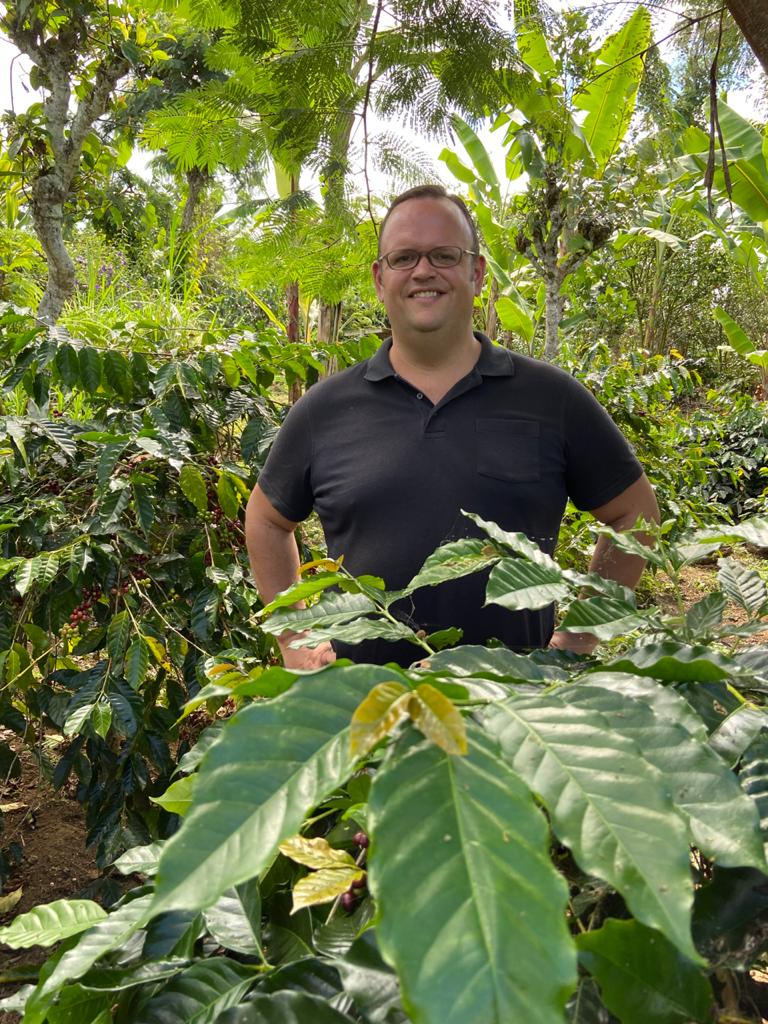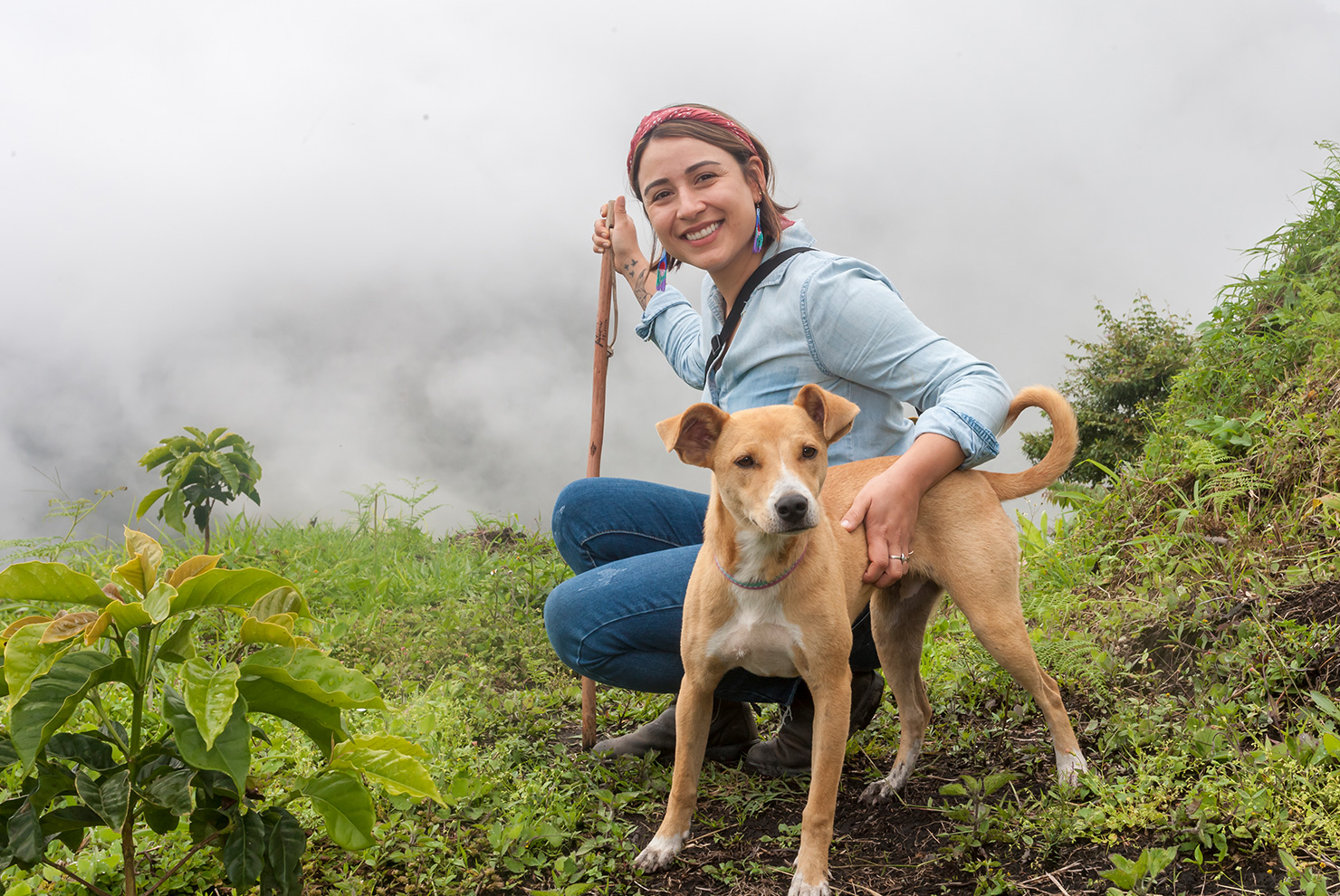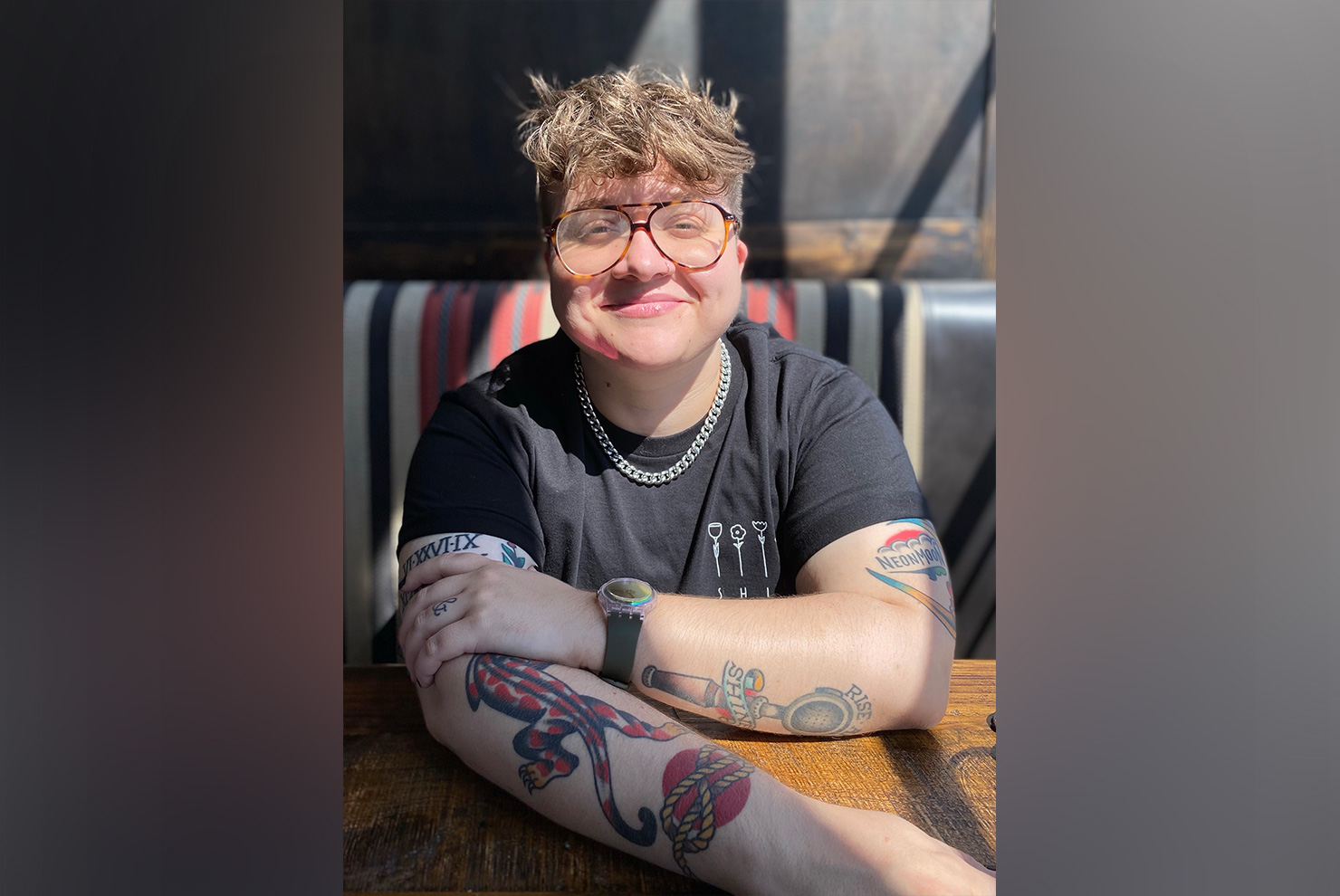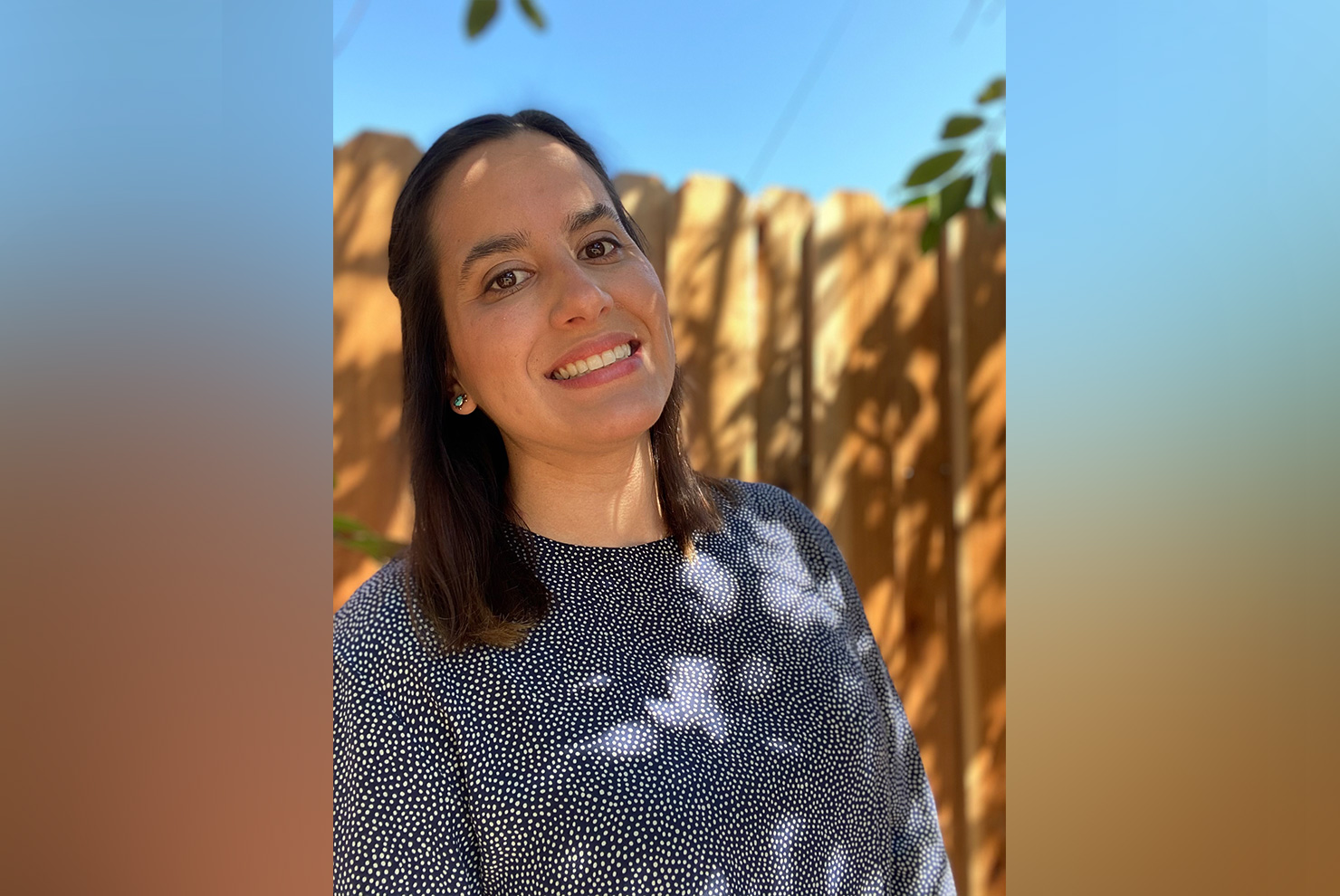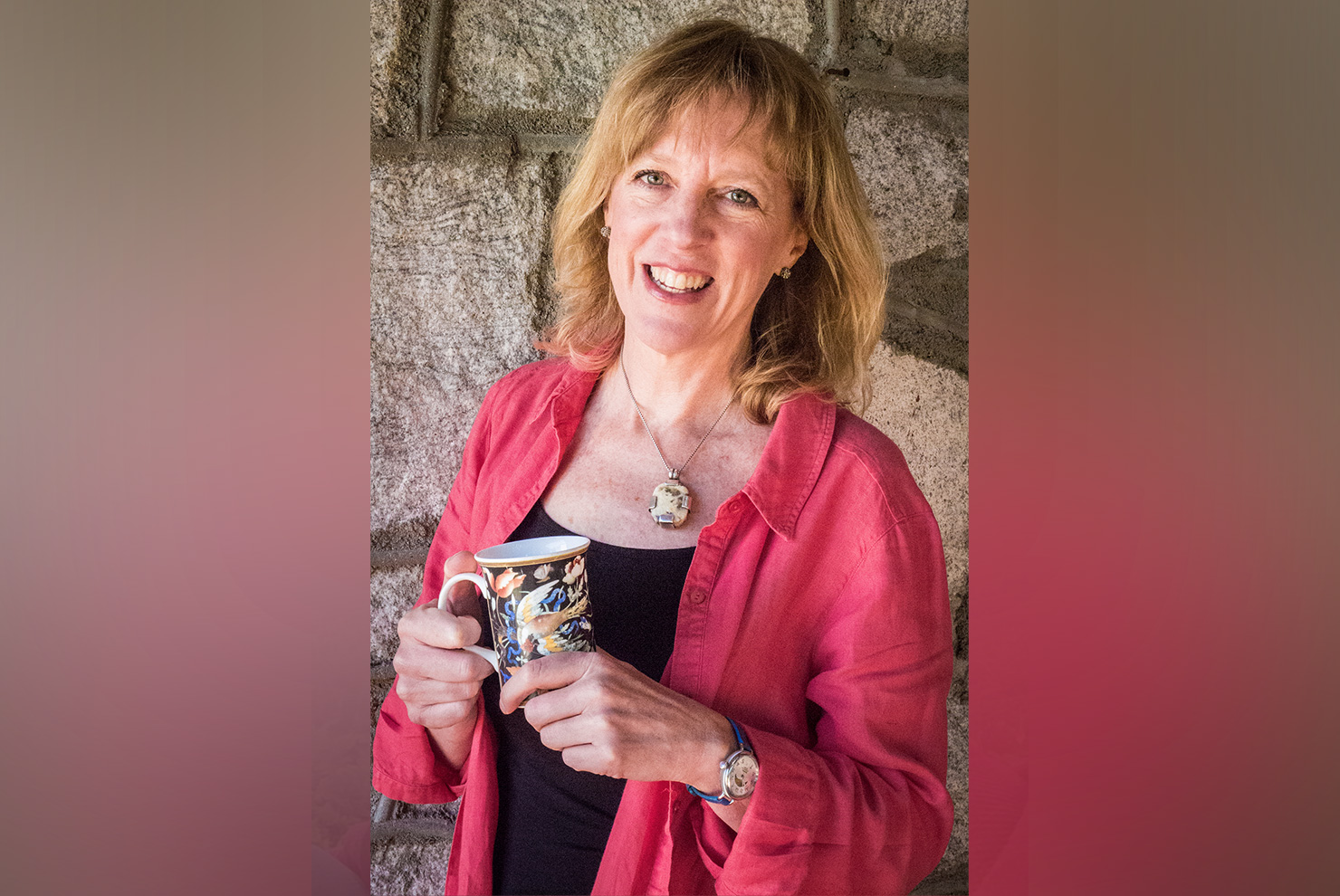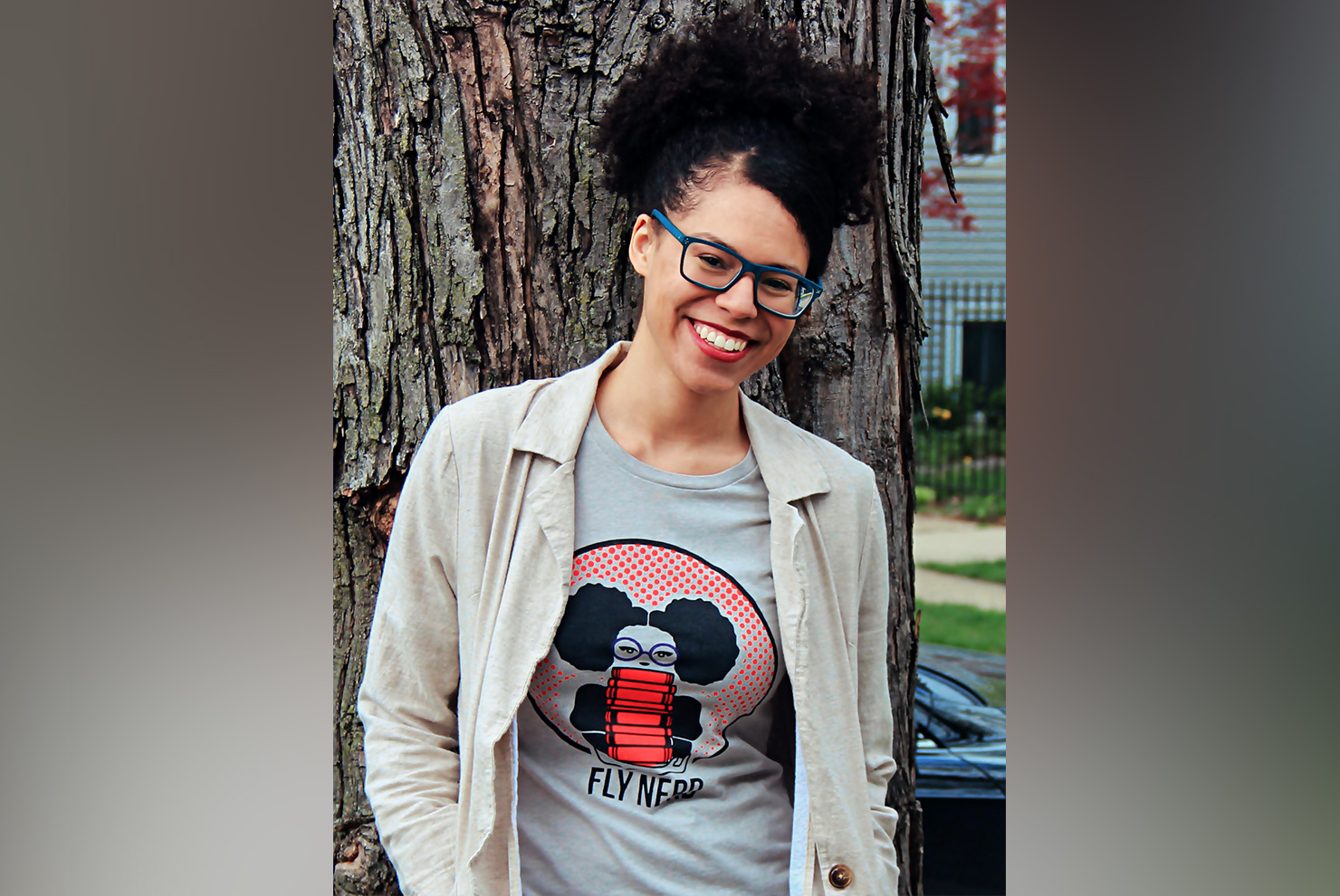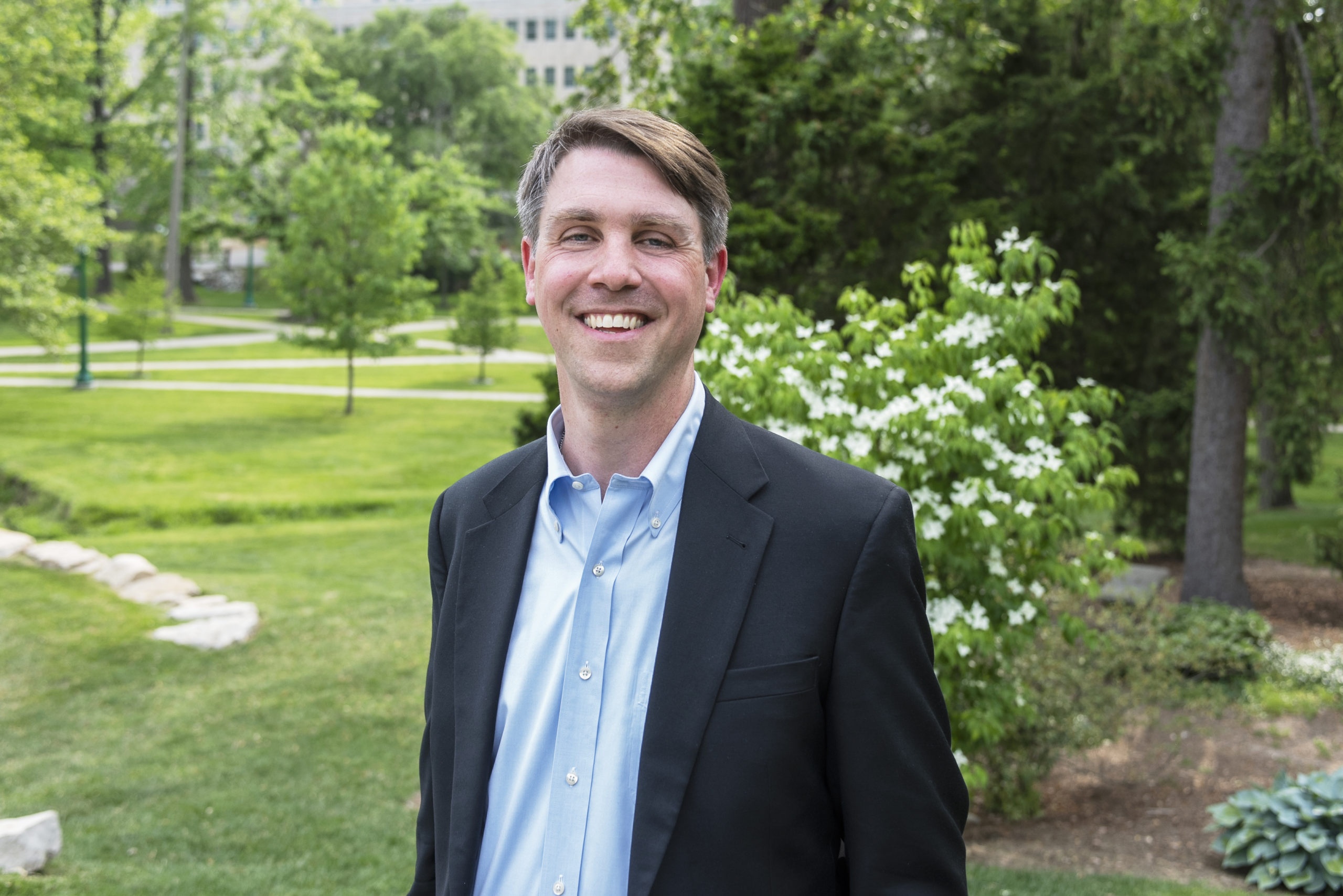
Welcome to The Sprudge Twenty Interviews presented by Pacific Barista Series. For a complete list of 2021 Sprudge Twenty honorees please visit sprudge.com/twenty.
Each season of the Sprudge Twenty brings with it a broad swath of coffee experiences, drawing on every step of the global coffee chain, from producers to baristas, importers and roasters, career industry professionals and critical thinkers. But this year we had an exciting first in the 2021 class: Dr. Clark Barwick, a professor at Indiana University Kelley School of Business. Dr. Barwick teaches a seminar on coffee to his students at Indiana U, coalescing ” the history, economics, science, and cultures of coffee” into a thought-provoking semester of inquiry. Dr. Barwick received multiple impressive nominations, and we’re thrilled to have him as part of this year’s class.
It is with great pleasure that I nominate Clark Barwick for this year’s class of the Sprudge Twenty. Clark is an outstanding teacher, mentor, and advocate for the world of specialty coffee.
Eight years ago, Professor Barwick began teaching the course “Black Gold: Coffee, Culture, and Global Exchange” with the goal to encourage a wide range of students at Indiana University to learn more about the world of specialty coffee while also helping them to become more conscious consumers. As a former student of Professor Barwick, I could not think of a more deserving individual to be recognized for their contribution to the coffee community. Clark is spreading specialty coffee through visiting local roasters (in pre-pandemic years), exploring the origins of coffee globally, and shining a light on the inequity found within the coffee landscape. Before taking the class, I looked at coffee as most Americans do: a source of caffeine that is highly accessible. I left the class with a newfound appreciation for the beauty and art that is the world of specialty coffee.
Nominated by Gunther Knotts
How have the challenges of this last year informed your work?
This last year changed so much. I teach a seminar on the global coffee trade, where we consider the history, economics, science, and cultures of coffee. One of my main goals is to teach students about where their coffee comes from, and inspire responsible, active consumerism. During a normal semester, the class is really hands-on. We brew coffee in class, we have guest speakers, and we visit a roastery for a cupping. So, when COVID-19 hit, most of my course had to be rethought. We were forced to shift our in-person meetings to Zoom, and my students began attending class from all over the world. This brought immediate, practical challenges. For instance, how could I teach my students to brew coffee using a Chemex when they didn’t have access to any of the necessary equipment or even whole bean coffee? But more significantly, my seminar also lost a certain intimacy. We were no longer in the same room, talking about serious issues over coffee.
Despite these obstacles, our seminar definitely benefitted in certain ways. For one thing, the class became far more global. Before COVID, most of our guest speakers were local. However, now that we were all on Zoom—and everyone in the world seemed to have time to talk—we had the chance to speak with specialty coffee producers and experts from all over the globe. This was amazing and really enriched the class. In real time, we were able to track how the coffee industry was responding to a singular global crisis. We also became more aware of coffee media—podcasts, websites, and YouTube videos. And we were still able to drink coffee together, just now in the intimacy of our own homes.
What issue in coffee do you care about most?
I care most deeply about the inequalities in the global coffee system. In my seminar, we devote significant time to analyzing specific coffee geographies and examining how global markets and purchasing, national policies, certifications, and other aspects of coffee’s supply chain can really disadvantage local growers. One week we might focus on an Ethiopian co-op. Then on a Colombian farm the next. We often discuss coffee in terms of human rights—how Western consumption patterns enforce poverty, which can lead to exploitation, violence, and a host of other complications. We explore how the global coffee trade adversely impacts women and children in growing communities, and we also consider the racial dynamics of the specialty coffee trade, both domestically and internationally. Recently, I have begun to spend much more time in class on environmental issues. My students seem to be really engaged in learning how climate change impacts coffee production and also how coffee production contributes to environmental problems.
What issue in coffee do you think is critically overlooked?
Coffee is ubiquitous in American culture, and we drink a stunning amount of coffee. Yet, most people don’t know very much about what they’re consuming, and again, this isn’t without consequences. For me as a college instructor, this provides a tremendous opportunity—we have so much to learn and talk about, and we don’t approach the subject matter with any elitism or prejudice. But for the world, this is not good.
There is also a lot of misinformation surrounding coffee, which can be confusing for those who are actually trying to educate themselves. Certifications, for example, are opaque and sometimes meaningless. But they might be the reason that someone chooses to purchase one coffee over another. So, in our seminar, we spend a lot of time analyzing various certification programs and trying to figure out what they actually accomplish.
What is the quality you like best about coffee?
I love coffee’s potential for conversation and human connection. Coffee is a beverage that transcends cultural boundaries and other common dividing lines. Humans across the earth enjoy drinking coffee, and coffee can bring new people into contact. Johanna Mendelson Forman writes about the concept of social gastronomy—about how food can connect people and promote social good. Coffee definitely has a role in this. This kind of connection can certainly happen on a global or macro-level. But I also I see this in my classroom. Each semester, I meet a group of very bright but very different students. They come from all over the world. They have an array of religious and political beliefs, and many different majors—neuroscience, accounting, human biology, music, public health, marketing, international studies. Yet, when we come together to focus on coffee, the subject gives us so much to talk about. No matter what a student is interested in—business, culture, social justice, technology—there is an entry point for everyone.
Did you experience a “god shot” or life-changing moment of coffee revelation early in your career?
As a teacher, I have a slightly different take on this question. When I first began teaching classes on coffee in 2013, I was immediately struck by how significantly student behavior could change in a short period of time. For some, this meant trying (and liking!) coffee without additives. For others, this meant moving away from K-cups. For others, this meant going into a coffee shop and asking new questions about sourcing and flavor profiles. As I observed students making these changes, I realized my work was having an impact. And I continue to be delighted when a current or former student reaches out to ask for advice about brewing techniques or for guidance about purchasing a new device. This demonstrates that we’re getting somewhere.
What is your idea of coffee happiness?
Drinking a Nicaraguan pour-over with my wife Molly, on our deck, on a beautiful weekend morning.
If you could have any job in the coffee industry, what would it be and why?
I already have the perfect job, really. Every day, I get to discuss coffee, brew coffee, try new coffees, write about coffee, and work with students who are eager to learn about coffee. And I don’t have to worry about profit margins or employee turnover or the everyday running of a business like an entrepreneur would. I teach at a university that supports my work, and each semester, I am introduced to a new group of super-engaged students, who bring new questions and are generally ready to try whatever I ask. I am constantly learning from them as well.
Who are your coffee heroes?
I have so many. Obviously, the growers and producers around the world are my heroes. Jane Kupersmith and Jeff Grant at Hopscotch Coffee are amazing and have shown me incredible generosity. Laura Gonzalez of strongwomenofcoffee.com, Aman Ailani from SAH.OL Cold Brew, and Sahra Nguyen from Nguyen Coffee Supply are some of the other people I look up to.
I’m also moved by the passion of the people who work in local coffee shops all over America and the world. When I’m traveling, I always enjoy dropping into new places, and I also love returning to others I’ve come to love. Some of these include Black Coffee in Missoula, Montana, Muddy Waters in Burlington, Vermont, and Elm Coffee in Seattle. I’m always struck by the energy, knowledge, and total commitment that baristas and independent shop owners have for coffee.
If you could drink coffee with anyone, living or dead, who would it be and why?
I would love to have coffee with Langston Hughes. I’m not sure what his coffee consumption was like—he mentioned coffee in his poetry, and I think I remember reading that he did drink coffee, at least occasionally. However, I imagine he would be such a great conversationalist, and he would certainly know everyone in the coffee shop! I would love to ask him about America (both in his time and today), about art, and also about all of the fascinating people he encountered and knew during his life. I’m sure I would leave our conversation totally inspired. He had that impact on people.
What do you wish someone would’ve told you when you were first starting out in coffee?
Like my students, I had no idea how time- and labor-intensive coffee growing is. So many things have to go right—and not go wrong—over the course of several years in order for a plant to yield the pound of coffee that eventually gets to your shop or grocery store. I think all consumers would benefit from a deeper appreciation of the process. We might slow down and enjoy our drinks more. A great cup of coffee is the culmination of enormous collaboration and care.
You’re the first barista on Mars. What’s on your brew bar?
I’m sure there is a scientifically correct answer that would account for physics, environment, travel, and a host of other factors. But wouldn’t you want to make history with a perfect shot of espresso?
Best song to brew coffee to at the moment.
Well, Pavement is the greatest rock band ever, so let’s go with “Gold Soundz.”
Where do you see yourself in 2041?
I hope I am still teaching classes on coffee and continuing to work with such amazing and engaged students. I love what I do.
Thank you.
The Sprudge Twenty is presented by Pacific Barista Series. For a complete list of 2021 Sprudge Twenty honorees please visit sprudge.com/twenty.




